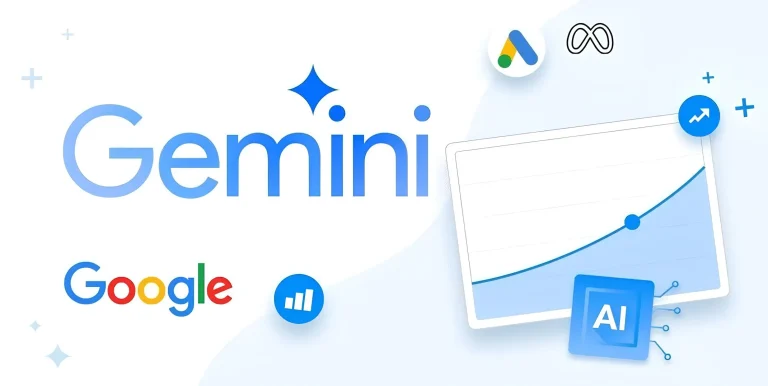Anyone who works with data knows: accessing reliable insights to support decision-making often requires technical knowledge and tool proficiency. But this is the biggest paradox of business intelligence (BI) tools: while these systems hold immense power, they are often only effectively usable by users with a certain level of technical expertise. Google Cloud’s Conversational Analytics feature in the Looker platform breaks this paradox.
The Limitations of Traditional BI Tools
Traditional BI solutions, while powerful, often come with steep learning curves. For users who don’t know SQL or how to navigate specific data sources, these tools become inaccessible. The result? A large portion of potential data-driven decision-makers are left out.
This situation is inefficient not only for business units but also for data analysts. Repetitive data requests prevent analysts from focusing on projects that generate real value.
Looker Conversational Analytics: Reliable Answers with Natural Language
Google Cloud offers an innovative solution to this problem: with Conversational Analytics integrated into Looker, users can now ask questions in natural language instead of crafting complex queries. For example:
- “Which region saw the highest sales growth last quarter?”
- “How has customer satisfaction changed over the past six months?”
- “What is the trend in our weekly active user count?”
These types of questions are transformed into reliable SQL queries based on data models defined in LookML. Users don’t need to learn SQL or memorize the structure of data sources.

Key Advantages of Conversational Analytics
1. Accuracy and Consistency
Conversational Analytics operates on fields defined in Looker’s data modeling. This ensures that every query is interpreted and calculated the same way, preventing inconsistent data interpretations.
2. Transparency and Explanation
If users are curious about how a query was processed, the “How was this calculated?” feature offers a clear explanation of the underlying SQL query. This builds user trust.
3. Interactive Query Experience
Functioning like a real conversation, the system allows for follow-up questions to dive deeper into analyses. For example, a user can say “Show this only for the EMEA region” or “Visualize this as a bar chart.”
4. Advanced Insights with Gemini
The Gemini integration within Looker analyzes data to uncover trends and patterns that users may not have explicitly asked about but could be valuable. This makes data analysis not just query-driven but also open to exploration.
Less Burden, More Impact for Data Analysts
This system relieves a major burden for data analysts. Instead of constantly answering repetitive queries, analysts can now focus on more strategic analyses. Meanwhile, with Gemini, they can define more meaningful contexts, filter fields, and custom calculations in data models to better meet business user needs.
API and Agent-Based Flexibility for Developers
Google Cloud aims to extend this natural querying capability beyond Looker. Thanks to API support, the feature can be integrated into chatbots, custom web applications, or platforms like BigQuery.
Additionally, developers can create domain-specific agents to ensure users interact with the right data sources in the right way.
For information about Marker Groupe’s development services, please contact us via the MarkerGroupe.com website or by e-mail at hello@markergroupe.com.





